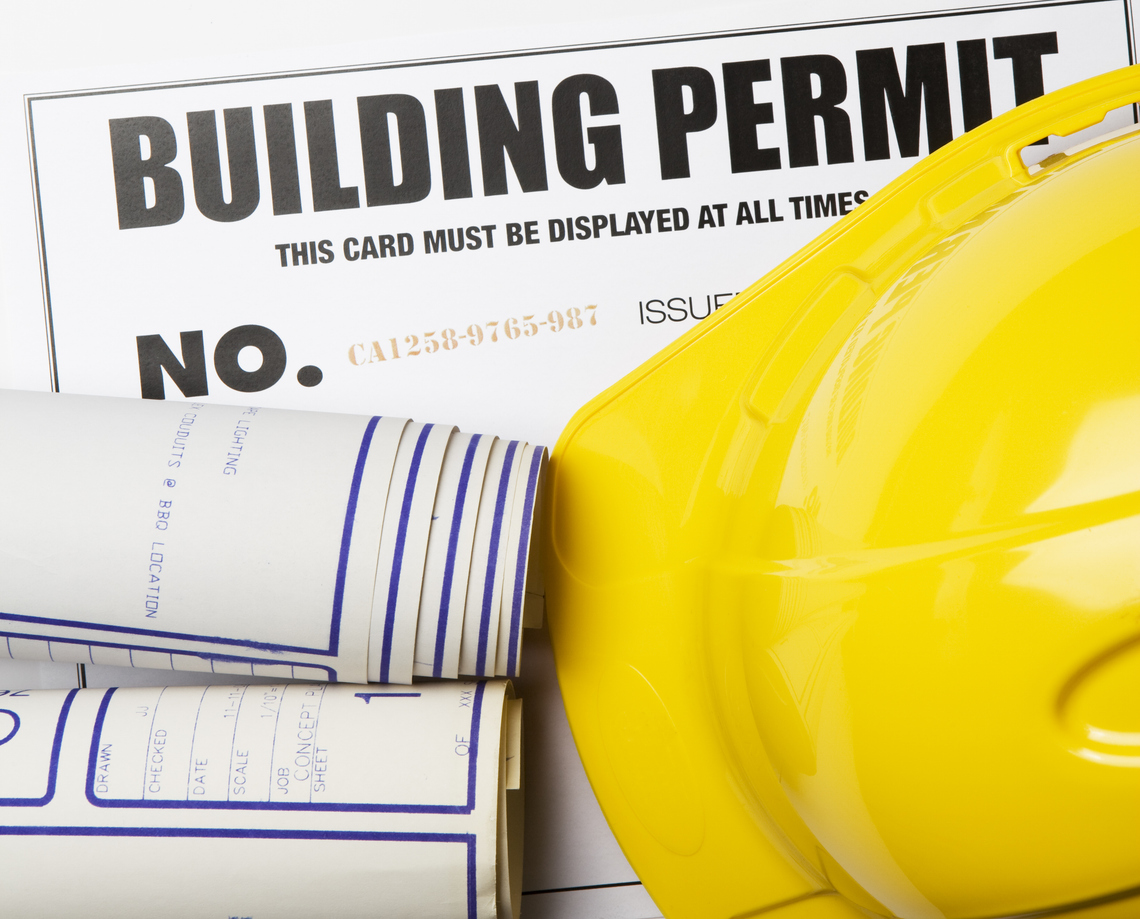Public adjusters have been calling us asking what can be done about some insurance companies placing endorsements into policies that prohibit policyholders from hiring public adjusters and preventing public adjusters from being involved with the policyholder’s claims. The National Association of Public Insurance Adjusters (NAPIA) has taken the lead in fighting this by sending letters to all state attorney generals and actively raising the issue with the insurance departments. NAPIA’s general counsel, Brian Goodman, and I have spoken about this issue in the past because the clauses appear to breach licensing laws and raise violations of state and federal antitrust laws.
An example of NAPIA’s recent action is NAPIA’s letter sent to Wyoming’s Attorney General, which states in part:
We write to you as President and General Counsel of The National Association of Public Insurance Adjusters (www.napia.com). We write to bring to your attention an urgent matter which is spreading through the country, is most likely illegal (certainly against public policy) and needs attention.
Public adjusters are licensed in 46 of the 50 states in the United States, including your state. Public adjusters are the only professionals licensed to prepare first party property loss claims and present these claims to an insurance carrier on behalf of insureds who sustain a property loss. Public adjusters are fully regulated and come under the regulatory authority of each state’s insurance department. We have attached hereto as exhibit 1 a copy of the most recent licensing chart setting forth most, if not all the statutes and regulations that control public adjuster activities.
Over the last few years, we have noticed a disturbing trend regarding our work. Some insurance companies are issuing policies whereby an insured, as a condition precedent to getting a policy of insurance, agrees that they can never retain a public adjuster to prepare a claim in the event of a property loss. We attach hereto as exhibit 2 a recent white paper we have prepared on the subject, which has also been shared with your State insurance department.
Most of these policies have been issued by non-admitted carriers, which typically do not have to file forms and get approval of policy provisions and endorsements from the State Insurance Departments. However, given the fact that the provision is illegal, this should not matter. We also attach as exhibit 3 a recent directive from the State of Louisiana Department of Insurance forbidding this practice, even as to non-admitted insurance carriers. We believe that this directive is applicable, relevant and correct.
The introduction to the legal analysis found in Exhibit 2 to the letter states:
NAPIA became aware in 2021 that some insurance companies were beginning to include in their first-party insurance policies conditions or other restrictions on the insured’s ability to retain a public adjuster to assist in adjusting a claim, and this trend has continued through 2022. This has most notably occurred in policies issued in Kentucky, Florida, Louisiana and Arizona, though there may be other states in which this is happening but of which NAPIA is not yet aware.
Notwithstanding this seemingly growing practice, such conditions are against public policy because they both harm the insured by taking away the insured’s option, and in most states, right, to obtain the assistance of a public adjuster, and harm public adjusters, who are professionals licensed and authorized by the state to do their work, by making it less likely that insureds will hire them. In fact, the Louisiana Department of Insurance has issued a directive specifically banning these restrictive forms as violating the insureds’ right to hire a public adjuster. See La. Directive 219 (Jan. 24, 2022) (Exhibit 1).
Furthermore, the use of anti-public adjuster restrictions is anti-competitive conduct in violation of the Sherman Act, as they illegally force insureds to boycott the services of public adjusters, when hiring a public adjuster would otherwise be in the interest of the insured and potentially to the detriment of the insurer.
Insurance regulators should continue to be on the lookout for policy forms containing such provisions and ensure that such provisions not be accepted for use in first-party insurance policies by issuing directives like Louisiana or taking similar measures.
The primary legal argument is that the anti-public adjuster contracts are void against public policy:
If a contract or contractual provision is contrary to public policy, it is not enforceable. See, e.g., 159 MP Corp. v. Redbridge Bedford, LLC, 33 N.Y.3d 353, 128 N.E.3d 128, 104 N.Y.S.3d 1 (N.Y. 2019) (‘We have deemed a contractual provision to be unenforceable where the public policy in favor of freedom of contract is overridden by another weighty and countervailing public policy…’); Trust v. Reliastar Life Ins. Co., 60 So.3d 1148, 1150 (Fla. App. 2011) (‘as a general rule, contracts that are void as contrary to public policy will not be enforced by the courts and the parties will be left as the court found them’); Rogers v. Webb, 558 N.W.2d 155, 156-57 (Iowa 1997) (‘Contracts that contravene public policy will not be enforced.’); O’Hara, 127 Ill.2d at 341 (‘courts will not enforce a private agreement which is contrary to public policy’).
In the 46 states plus the District of Columbia, the public policy is clear that public adjusting is a valid and legitimate profession and that it provides value to consumers, such that consumers have a right to retain a public adjuster to assist them in resolving a first-party claim if they so choose. Because provisions prohibiting an insured from exercising this right are in conflict with this public policy, they must be stricken and not enforced.
…
The Florida Division of Insurance Agent and Agency Services has even promulgated a regulation stating that ‘No insurer, independent adjuster, or company adjuster shall represent or imply to any claimant . . . that engaging a public adjuster will delay or have other adverse effect upon the settlement of a claim.’ Fla. Rule 69B-220.201 (Ethical Requirements). A provision threatening an insured with cancellation of their policy if they hire a public adjuster is certainly a violation of this requirement.
The Exhibit also summarizes the antitrust implications of the anti-public adjuster provisions. The Attorney Generals are supposed to enforce these laws, which also carry criminal penalties that I doubt the people writing these provisions were thinking about when they placed them into the policies:
Section 1 of the Sherman Act, 15 U.S.C. §1, prohibits ‘[e]very contract, combination in the form of trust or otherwise, or conspiracy, in restraint of trade or commerce among the several States.’ The Supreme Court has long recognized that through this provision Congress intended to outlaw unreasonable restraints of trade. See, e.g., Arizona v. Maricopa County Medical Soc., 457 U.S. 332, 342-43, 102 S. Ct. 2466, 2472-73, 73 L.Ed.2d 48 (1982) (citing United States v. Joint Traffic Assn., 171 U.S. 505, 19 S. Ct. 25, 43 L. Ed. 259 (1898)).
Though the McCarran-Ferguson Act provides certain exceptions to insurers from the provisions of the Sherman Act, there is no exception for conduct that constitutes an agreement to or an act of boycott, coercion, or intimidation. See 15 U.S.C. § 1013(b). The generic concept of ‘boycott’ refers to a method of pressuring a party with whom one has a dispute by withholding, or enlisting others to withhold, patronage or services from the target. St. Paul Fire & Marine Ins. Co. v. Barry, 438 U.S. 531, 541 (1978). Property insurers use of anti-public adjuster endorsements is a boycott, as it is forcing its insureds to withhold patronage from public adjusters, who insureds may otherwise retain.
In the antitrust context, group boycotts, or concerted refusals to deal, may run afoul of Section 1 of the Sherman Act. See, e.g., Times-Picayune Pub. Co. v. United States, 345 U.S. 594, 625 (1953) and see F.T.C. v. Superior Court Trial Lawyers Ass’n, 493 U.S. 411, 422 (1990) (finding that boycott by criminal defense lawyers, who refused to represent indigent clients until government increased compensation for doing so, constituted ‘a classic restraint of trade within the meaning of Section 1 of the Sherman Act’).
As it continues to grow, property insurers’ practice of including anti-public adjuster endorsements or provisions in their policies represents a concerted and intentional course of conduct to illegally control and depress first-party property damage repair costs to the detriment of insureds and the substantial profit of property insurers, and also has the effect of harming public adjusters and restraining their ability to perform their statutorily-authorized profession. These forms thus must be outlawed.
I applaud the leadership of NAPIA for taking this action. I want to encourage all public adjusters to support NAPIA’s efforts. NAPIA has been at the forefront of public adjuster licensing, establishing Codes of Ethics and making a Model Public Adjusting law recognized by the National Association of Insurance Commissioners.
This topic will certainly be raised at the California Association of Public Insurance Adjuster Legislative Conference I will be speaking at in Sacramento on Tuesday and the Texas Association of Public Insurance Adjuster Conference panel this Thursday with Rene Sigman, Steve Badger, and yours truly. I strongly suggest that the leaders of regional public adjuster organizations take action and support NAPIA’s initiatives on this issue.
Thought For The Day
I’m just saying the producers and people who work on music are getting left out – that’s when it starts getting criminal. It’s like you’re working hard, and you’re not receiving. In any other business, people would be standing before Congress. They have antitrust laws against this kind of behavior.
—Jay-Z




